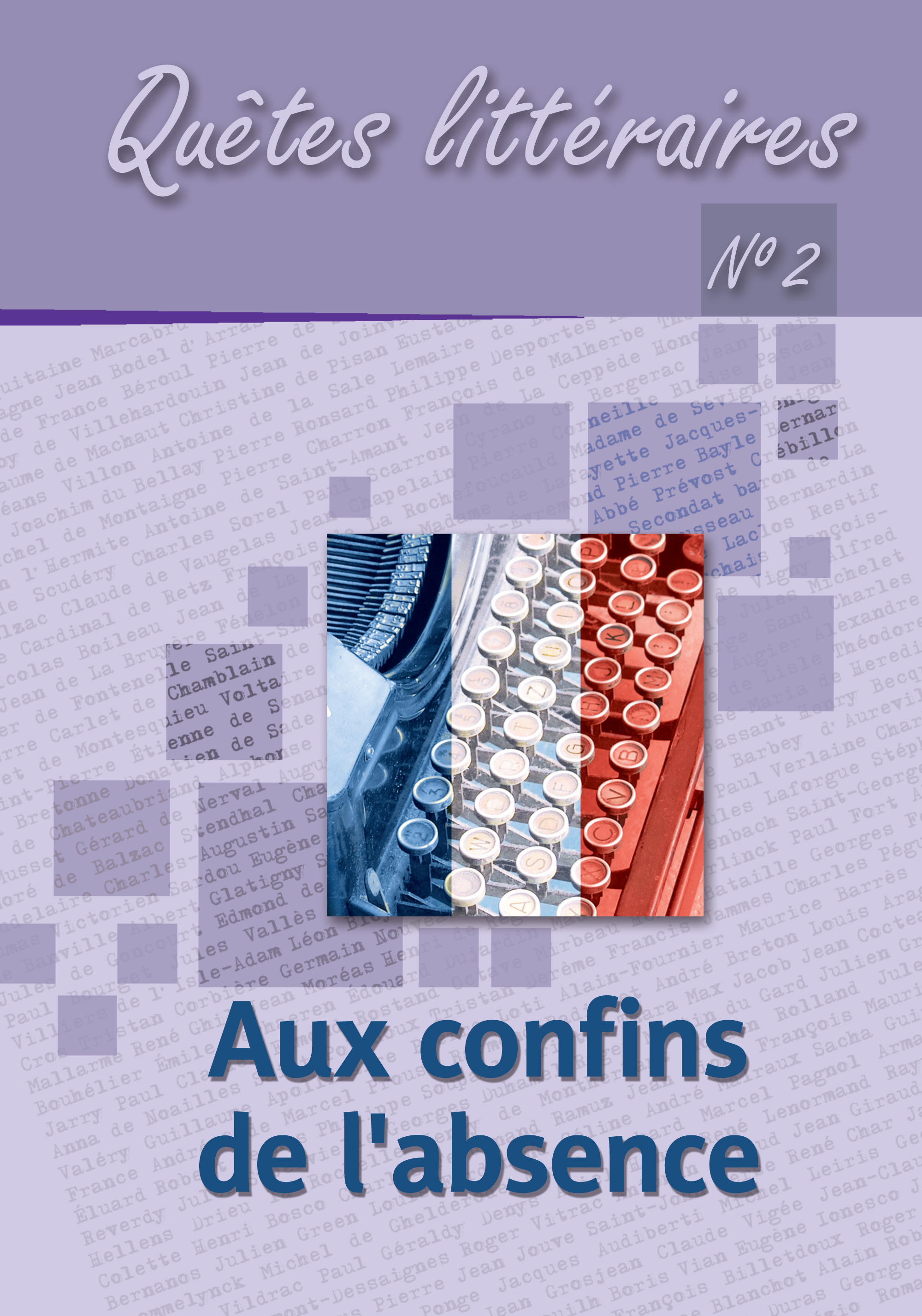Se perdre afin de se retrouver : l'importance du passage entre l’absence et la présence dans Oedipe sur la route de Henry Bauchau
Getting lost to find oneself – significance of the passage between absence and presence in Bauchau’s novel Oedipus on the road
Author(s): Alicja ŚlusarskaSubject(s): Language and Literature Studies, Literary Texts, Studies of Literature, Comparative Study of Literature, French Literature, Theory of Literature
Published by: Katolicki Uniwersytet Lubelski Jana Pawła II, Instytut Filologii Romańskiej & Wydawnictwo Werset
Keywords: Belgian novel; passage; depersonalization; lucidity
Summary/Abstract: Retracing in his novel the labyrinthine journey that leads Oedipus from place of his abomination (Thebes) to the city of his future glory (Colonus), Henry Bauchau fills the emptiness between the Sophocles’s Oedipus the King and Oedipus at Colonus.Bauchau’s hero, powerful king, loses everything and stabs his eyes out when the cruel truth about his real identity is revealed. Blind, homeless, devoid of meaning of life, Oedipus leaves on a journey to pass away anywhere. However, his way to death turns out to be, thanks to benevolent presence of others and art’s liberating power, the road to personal elucidation. The story of Bauchau’s Oedipus, who finally recognizes himself as a truly human, is based therefore on the passage between absence and presence, between darkness and lucidity, on the union of contradictions which symbolize the complexity of human nature. This paper tries then to analyze different representations of absence in Bauchau’s novel. Afterwards, the article focuses on the ways which facilitate the Oedipus’s road leading from depersonalization to rediscovery of his own identity.
Journal: Quêtes littéraires
- Issue Year: 2012
- Issue No: 2
- Page Range: 116-123
- Page Count: 8
- Language: French

